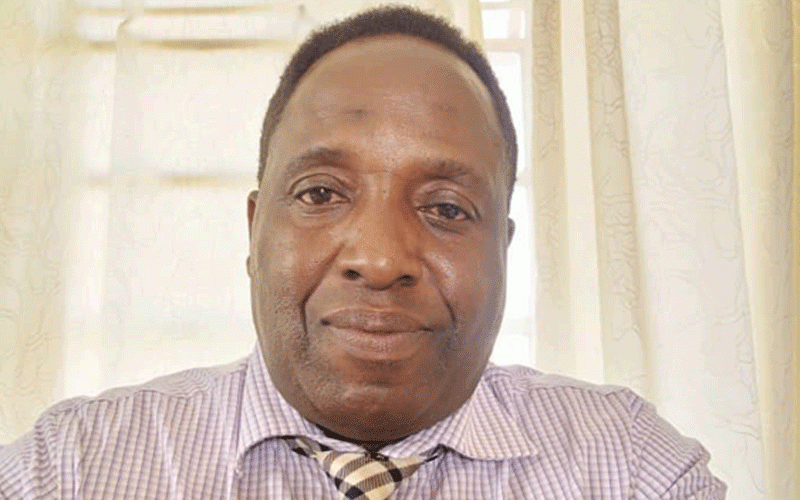
The Lancaster House Agreement which took place at Lancaster House in London between September and December 1979 was a series of negotiations attended by Zanu, Zapu, Ian Smith government officials and the British. It paved the way for the independence of Zimbabwe.
By March 1980, it was clear to everyone that a new dawn was coming. The Rhodies under Ian Smith had lost the war, black majority rule was imminent. Lord Soames was on his way to witness the transfer of power to a black government and a young Prince Charles was to grace the occasion. The Union Jack was coming down for good.
In the black townships, morale was high but in the pebble cobbled white suburbs with their beautiful gardens and behind their gated walls, some white people had great fear of black majority rule. The Frelimo in Mozambique and Kenneth Kaunda’s “One Zambia, One Nation” did not inspire their confidence without even looking further north. They were afraid of capital flight, disinvestment and the loss of their white privileges.
In the black townships on the eve of independence, there were many parties and street celebrations. Thousands of Zanla and Zipra liberation fighters reunited with their families. During this period, politicians spent most of their time in hotels, making final arrangements for a new government.
I was in the company of Baba VaTata, Mukorogodo and Handitika. We sat in the shadows at our usual table in the bar.
Mukorogodo was being sentimental and many of us were young in 1980 and I found this historical background quite refreshing.
“I worked for a white family in Greendale, the Martins family, second generation white immigrants from Britain,” said Mukorogodo.
“Why do you say that the whites were afraid of a black government?” said Baba VaTata.
- The Queen's health: what we know so far
- Queen Elizabeth's family rush to side of ailing monarch
- After a lifetime of preparation, Charles takes the throne
- How the Royal Family's titles will change
Keep Reading
“They had witnessed other African states that had attained independence. There was economic malaise, corruption, nepotism, cronyism and the rise of a black elite class,” said Mukorogodo.
At the time of independence, I still had "milk" on my nose, but that did not stop my imagination. There was a lot of hope for the country, freedom of association, freedom of expression and one man one vote with a return of land to its rightful owners.
“Mr Martins always said blacks were not yet ready to govern but I remember telling him that he was wrong,” said Mukorogodo.
At this moment, Baba VaTata placed an order for more beer as Handitika stood up and went a few metres away to answer a call on his phone.
“Is that the reason why soon after independence, most white people emigrated?” I said.
Mukorogodo nodded his oversized head .
“Others stayed of course, a lot of them, including the Martins,” said Mukorogodo.
“I think those whites who emigrated soon after independence were not being fair,” I said.
“Look at what is happening now, don’t you think that those whites were justified?” said Baba VaTata.
I tried to think what forty four years of independence had brought to the people and sure enough there were a lot of positive changes one could name.
On the other hand, a lot of once thriving manufacturing industries closed, corruption was a cancer eating into society, nepotism was rampant and service delivery in the towns and cities had almost collapsed.
“I think Ian Smith went too far in his Unilateral Declaration of Independence in 1965 and boasting that Rhodesia would still stand for a thousand more years,” I said.
“Yes, It is because they believed in their own superiority and invincibility, they lived like kings with many servants at their disposal,” said Baba VaTata.
“Some people say that life was better in Rhodesia, but I don’t agree with that notion, blacks were poor and were disenfranchised,” said Handitika.
I could not help it. There is a puzzle I always play especially on Saturdays, “spot the difference.” Sometimes I have hard times trying to spot the differences. Pre-1980 and post 1980 can be quite a puzzle!
*Onie Ndoro Onie@90396982










